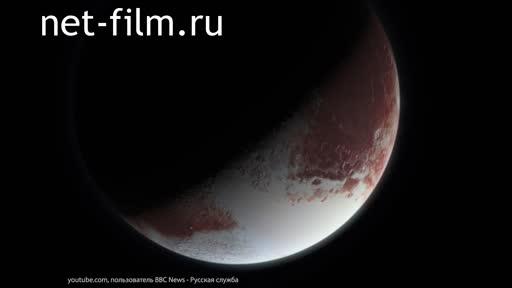Telecast
debriefing (2022 № 10 ) Pluto
Availability of videosources
1;
Needs clarification of possibility of digitizing.
Reel №1




On August 24, 2006, by the decision of the 26th Assembly of the International Astronomical Union, Pluto was classified as a dwarf planet.
The meeting adopted the rules according to which the objects of the Solar System are officially defined as planets.
Criteria: rotation in orbit around the Star; due to its gravitational attraction, the celestial body must form a spherical shape; the absence of other objects in orbit, except for natural satellites.
It is because of the latter point that Pluto is no longer considered a planet, since its orbit is full of a variety of objects, including asteroids.
The mass of a dwarf planet is a small percentage of the mass of all moving bodies.
Today, only five celestial bodies fall under the term "dwarf planet": Eris, Haumea, Makemake and the former asteroid Ceres, and Pluto is the largest of them.
But not everyone agrees with this decision.
How did scientists adopt such a classification?
Why was Pluto stripped of its planet status?
Is there any scientific justification for revising this decision?
We are looking into the new release of the program.
Nathan Eismont, Evgenia Skaredneva, Alexander Rodin and scientific journalist Alexander Baulin participate in the discussion.
Personnel
Eismont N.A. -- Candidate of Technical Sciences, Doctor of Physical and Mathematical Sciences, leading researcher of the ICI RAS.Skaredneva E.D. - journalist, translator, teacher, press secretary of the Irkutsk Planetarium.
Rodin A.V. - Candidate of Physical and Mathematical Sciences, astronomer, Head of the Laboratory of Applied Infrared Spectroscopy at MIPT, Executive Director of the NTC for Environmental Monitoring and Ecology at MIPT.
Calendar
24.08.2022Space

